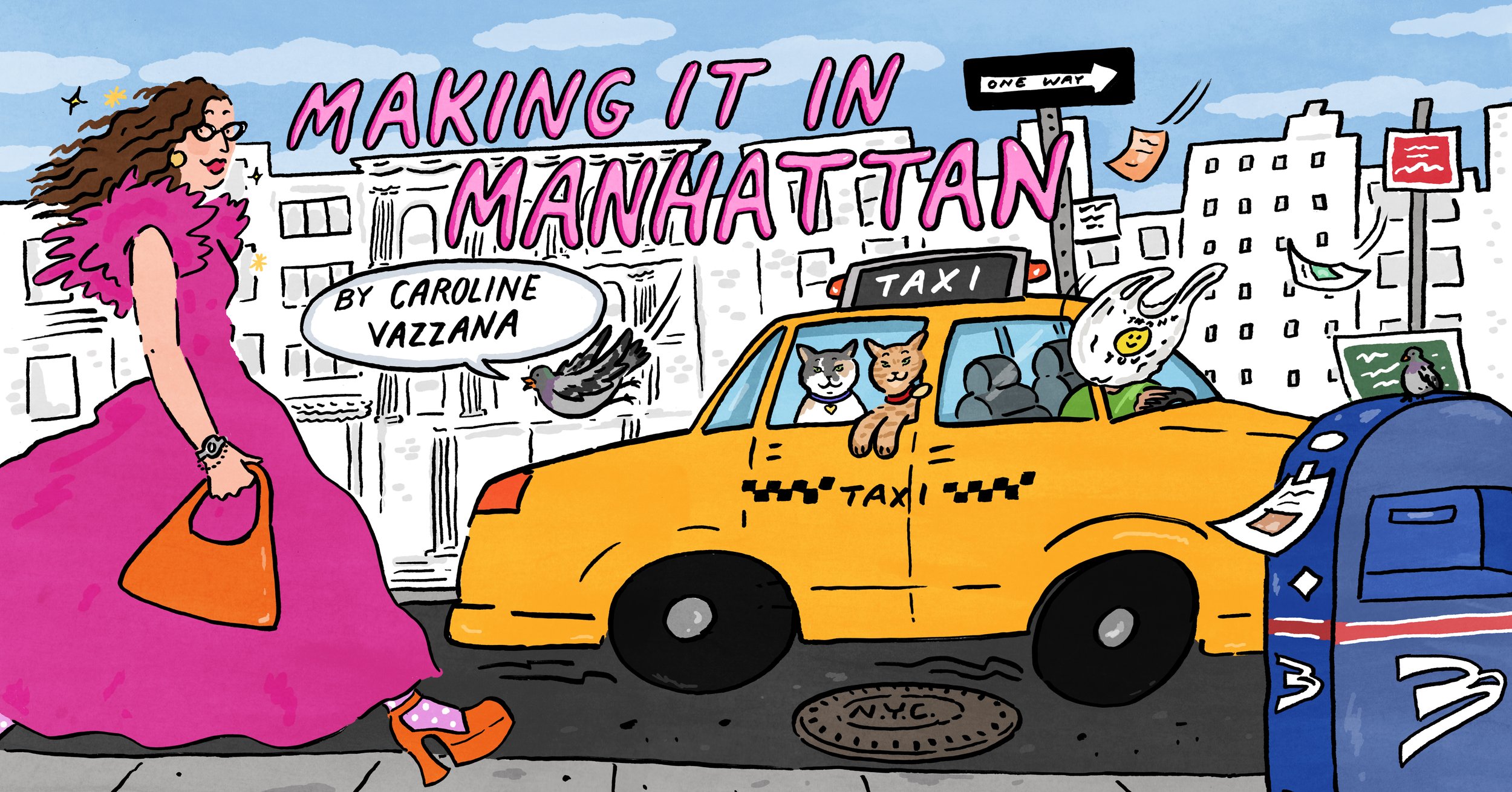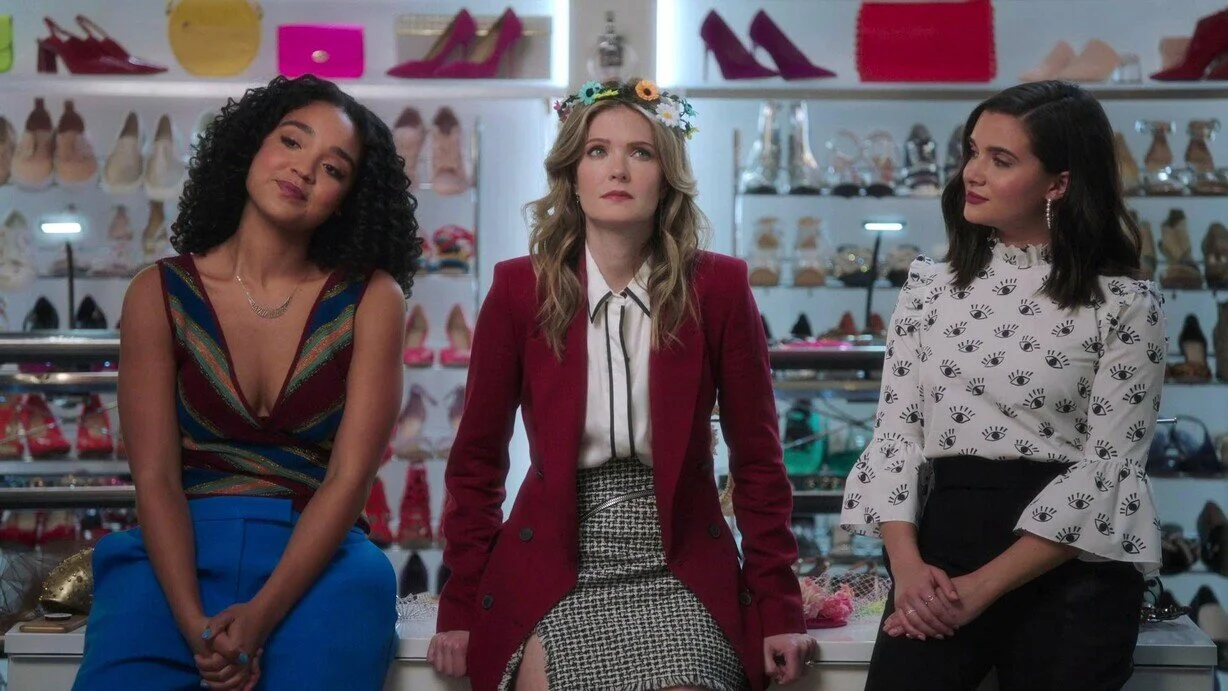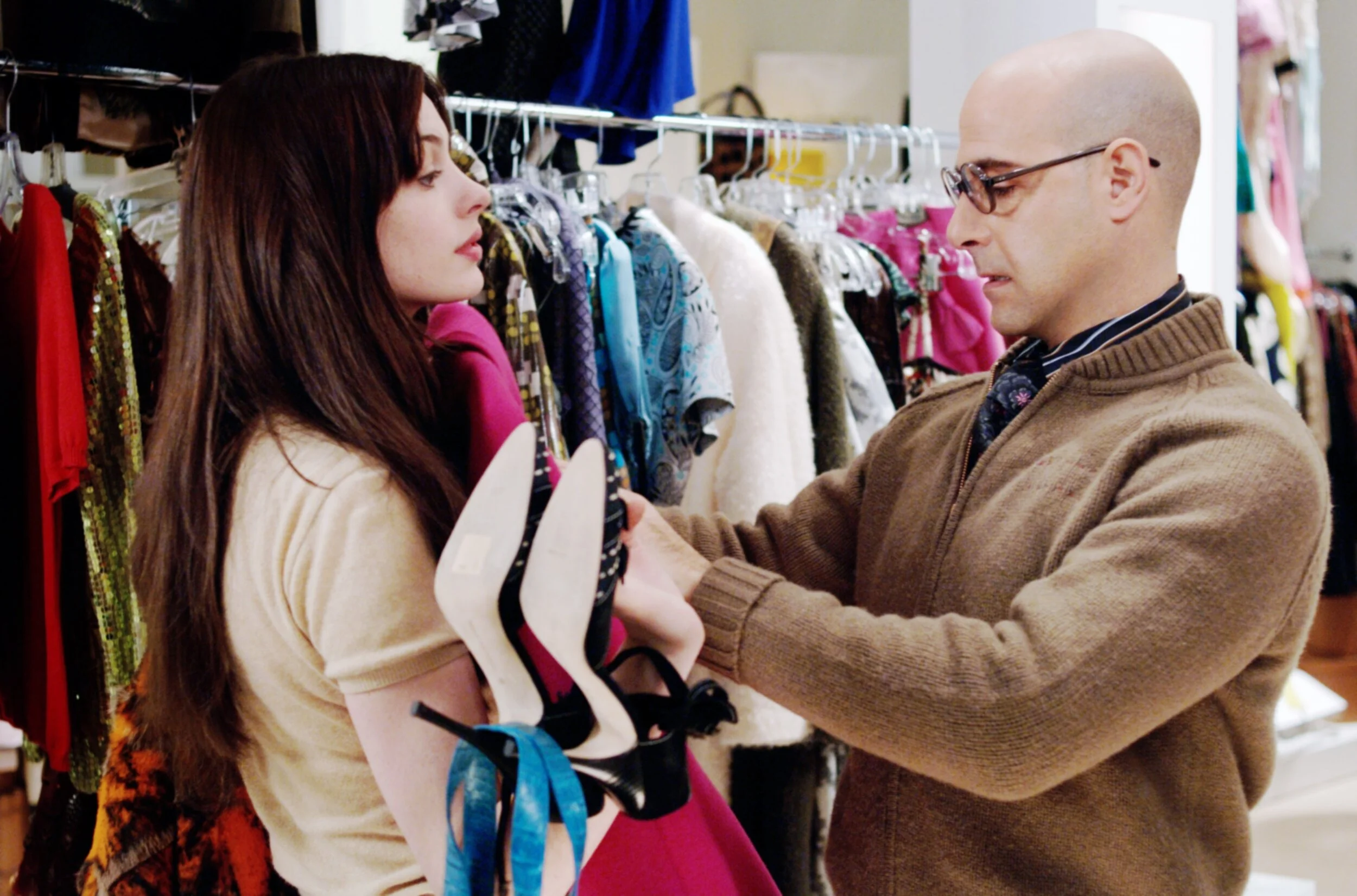Interviewing Tips 101: How to Make Them Fall in Love With You
Photo Credit: The Coveteur
By: Ed2010
Interviewing is like dating. Every time I say that people giggle. Because it’s so true. The second you shake someone’s hand and look them in the eye, you get a sense if the chemistry is there. Sometimes it’s immediate. You are put at ease and the interview takes off at a fast clip and you know it’s meant to be. Other times it’s more challenging and it takes a few dates to fall head over heels. And of course there are all those cases in between: You hit it off and then it fizzles or you hit it off and they fall in love with someone else a week later.…Hey, it’s part of the game. We’re here to help you play it, smarter. So put on your best shoes, most professional garb, and wrap that hair in a bun, because it’s time to swipe right on your career.
STEP 1: Do Your Homework
This is pretty obvious, but it’s so often not done. Before any interview you should know the following about the company so you are prepared to talk intelligently about it and the industry.
The company mission statement (look for an About Us on their website)
Any recent news (do a Google news search)
The name of the company head (CEO, president, etc) and the name of the team/department lead in which you are applying (CMO, EIC, Editorial Director, Site Director, etc.)
Its main competition or who you see as its competition.
The person you are interviewing with. (look them up on LinkedIn and other social; Do a Google news and byline search as well)
The job posting and its title (I mean, duh. But you’d be surprised. People apply for a job and it may be weeks until the interview. Then they forget exactly what they applied for!)
STEP 2: Prepare for Anticipated Questions
These are the typical questions that you get for a first round interview. You should be able to nail these as they are very predictable.
Some hard ones:
Why did you leave your last job?
Why is there a gap in your resume?
Why are you interested in this role when it appears you have no previous experience in this space?
What is your salary now* and what are you looking to make?
Some easier ones:
Why do you want to work here?
How are we different than our competition? (This was a favorite of mine for a long time: I would often get a blank stare in response.)
How organized are you / how do you prioritize / manage multiple projects?
What did you learn in your last job that will prepare you for this role?
What are your strengths?
What are your weakness? (Please don’t say you are a perfectionist!)
Got that? Now: Formulate the answers to these anticipated questions. Write them down if they don’t come easily to you the first time. Edit them. Say them aloud to a friend or your career coach. Put them on notecards and read them in the waiting room.
*note that it’s illegal to ask this question in NYC. But they still may ask it or ask around it. So be prepared. (“I’d rather not say.” is a legit response in this situation.)
STEP 3: Prepare Your TV Answers
I call these TV answers because it’s what I learned when I was coached on how to be interviewed by hosts on shows like The Today Show or Good Morning America. They are the answers you want to slip into the interview even if they aren’t specifically asked so you can gain some control over the conversation and pitch your product, story, or POV. Think of a charming politician who always has a good response, but you realize a few minutes later she didn’t fully answer the question. Still, you sort of don’t even care because you’re so charmed. It’s an art, for sure. And you don’t have to master it. You just need to hack the technique.
These TV answers should casually get across who you are, your value, your work ethic, and your passion for the brand/subject area. They should come in the form of anecdotes and be conversational. If you don’t have a natural place to lodge into one (as in the interviewer doesn’t specifically ask about a time when you solved a tough problem, or how organized you are, or your greatest weakness), you can finesse it with phrases like, “That reminds me of when …” Or “… “That’s an interesting question. It’s kind of like when ….” You don’t want to ignore a question outright, but it sure doesn’t hurt to segue into another subject (you and how great you are) for a few minutes to get your TV answer in. They’ll ask the original question again if it’s really important. It’s unlikely — most interviewers aren’t very good at interviewing and will just move on, satisfied by your charm.
STEP 4: Prepare Your Pitch
This dovetails with your TV answers. It’s essentially why you are perfect in this role: “I do X now and I will be great in this role because X.” It is much stronger and purposeful than a TV answer and it can feel uncomfortable to say if you are not a natural salesperson (as us edit folks often are not). It should be no more than one or two sentences. Anything more you’ll get too deep in the weeds and it’ll get awkward fast. Just say it and pause. And wait for their response rather than try to fill the awkward silence. It helps to prepare your pitch with a friend or a career coach so you can get comfortable saying it easily and freely.
STEP 5: Ask the Right Questions
You know this. Asking questions not only makes you look good, but also helps you figure out how to fill the void the company has by filling this role. What are their biggest challenges? What can you do to help them meet those challenges? Where does this company want to be in 5 years or 10 years and how can you help them get there?
And – hello! – you also want to make sure that you want to work there. So you may have to ask some tough and tougher questions to find out.
Easier
Where did the person in the role before this go on to? (Let’s hope they were promoted or they moved on to some awesome role somewhere else.)
Who would be my direct boss?
Who would be evaluating my work?
Tougher
What is the pay range for this position?
What is the opportunity for growth?
How would you describe the office culture? (this is code for: Is this a 24/7 type of job?)
And yes, you should be writing down the answers! Bring a notebook and use it. But save your questions about vacation time, flex time, and other benefits for second or third interviews unless they are crucial for your own decision making. Often the person you are interviewing with doesn’t know these details and will send you to HR anyway. I would also save questions about the financial health of the business until later as well; or even better, do your own research. Media companies especially are sensitive to these questions, as they should be.
STEP 6: Remember the Golden Rule
People LOVE to talk about themselves. Oh, that’s not the golden rule your mom taught you? Oh, but this is the golden rule of talking people, and that includes interviews. Have you read How to Win Friends And Influence People? It’s like 100 years old, but you should read it. Dale Carnegie was the Brené Brown of his time.
My point is that you should ask questions about them, too. Ask about the interviewer and her role at the company. How did she get her start? What does she love about working there? Where did she come from before? Ask about the company. Or just comment about the company. Say what you have read that was so impressive. Mention awards they have won or recent news or launches. And wait for a response. Usually people take the bait and will talk about themselves and the work that they are proud of. And no, it doesn’t get your mission statement across or your TV answers in. But it does make them think, There was just something about that candidate that I really liked …. after they have met with a million others that all blend together.
Because, like I said in the beginning, interviewing is like dating. It so often comes down to a connection more than anything else. It’s seeing something in someone that says You could fit here. You get me and my work and what we do. I would enjoy having you in the office every day. And hopefully as a candidate you feel the same way.


















